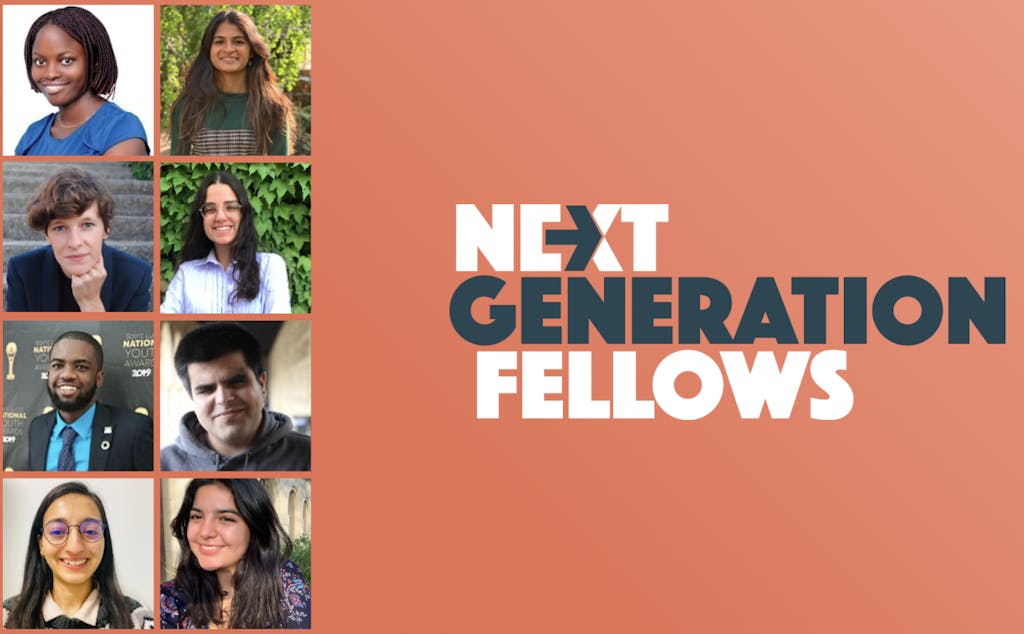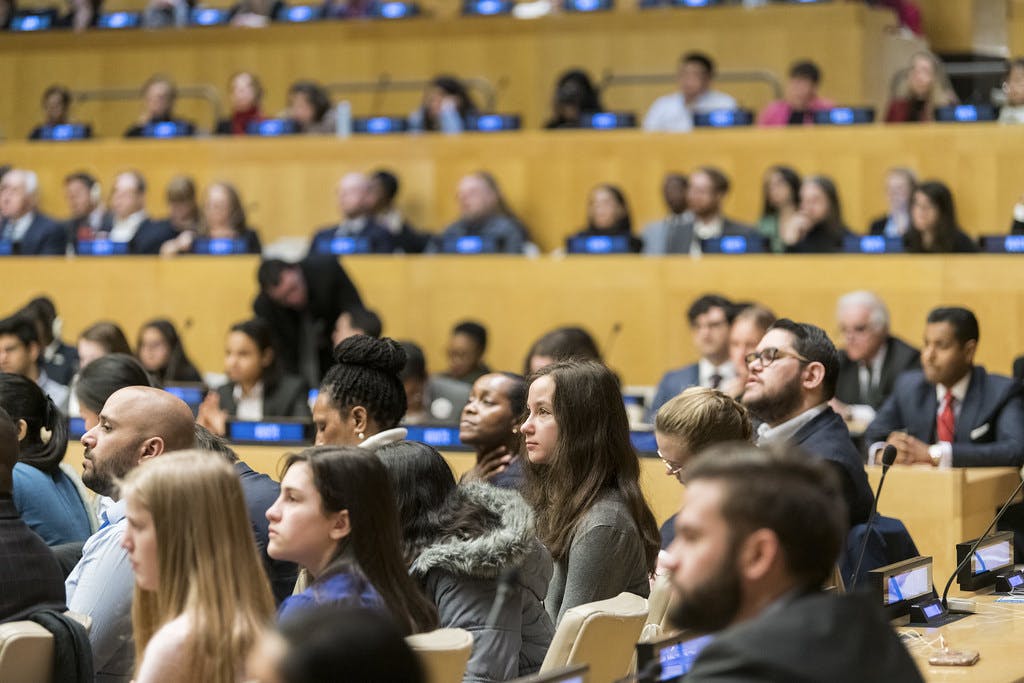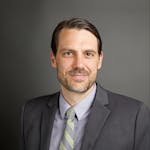Last September, to mark the 75th anniversary of the United Nations, the Secretary-General called for young people to help to shape Our Common Agenda, his visionary report on the future of global cooperation. For me and seven other young activists around the world who became the Next Generation Fellows, this was too good an opportunity to miss.
It’s not often one of the most influential people in the world goes out of their way to include young people. And how timely! The past year has proven that the world we are set to inherit is a hot mess.
The COVID-19 pandemic has been a scary reminder of how vulnerable young people are. At the onset of this crisis, we were the first to lose our jobs and leaders did not protect our education. And looking at the reckless and unsustainable way that recovery funds are being spent, it seems the response to the next crisis will be the same, if not worse.
So, with the support of the United Nations Foundation, BRAC, Restless Development, and the Secretary-General’s Envoy on Youth, we took the Secretary-General at his word.

Providing Fresh Ideas for the UN
Over the past nine months we’ve consulted hundreds of our peers. Our conversation has spanned the globe from the Pacific Northwest of the United States to the fast-growing cities of sub-Saharan Africa and the economic engines of India. Along the way, we had engagement from the top of the UN system, including Deputy Secretary-General Amina J. Mohammed and Jayathma Wickramanayake, the Secretary-General’s Envoy on Youth. You can find out more about our consultation events — a Big Brainstorm, National Conversations, and a Dialogue with the Deputy Secretary-General — here. It has been an exciting, eye-opening, and sometimes exhausting process.
We focused on identifying fresh solutions to the biggest challenges facing people under 30, who constitute nearly half the world’s population, and future generations — the roughly 10 billion people likely to be born over the next century.
As requested, we compiled our proposals into Our Future Agenda — a companion report setting out a vision and plan for the next and future generations — and also fed them back to the Secretary-General’s team drafting Our Common Agenda. We were hopeful that our ideas would be taken on board and reflected in the final report.
Finding Shared Solutions Across Generations
So were we heard?
As you can imagine, Our Common Agenda was kept under wraps until its release on Friday. Until the Secretary-General presented it to the General Assembly, we waited anxiously to find out whether any of our suggestions made the cut.
And indeed, they did! Young people have undoubtedly made their mark on Our Common Agenda.
One of the report’s three pillars is a call for renewed solidarity with young people and future generations. If achieved, this would be a drastic and positive shift in how the multilateral system views and works with young people.
We were delighted to find that suggestions we had made under all three dimensions of our proposed “New Deal for a New Generation” — on education, employment, and the environment — are priorities for Our Common Agenda.
It was also tremendously encouraging to discover that Our Common Agenda reflects some of the proposals we outlined in our Ten-Point Plan to Rejuvenate the Multilateral System.
Just as we call for UN Futures — a UN program for young people based on the open and inclusive governance of UNAIDS — the Secretary-General proposes a UN Youth Office to provide a new voice for young people in the UN system. And akin to our idea for a Contract for the Future that would set out the world’s obligations to the people who will be born in this century and for the centuries to come, the Secretary-General has proposed a Summit for the Future in 2023 as a platform to agree upon a Declaration for Future Generations.

So I believe we can say with confidence that Our Common Agenda actually reflects the wants and needs of young people. Now where do we go from here?
While there is much to celebrate, we are determined to fulfill the promises we made to the young people we worked with over the past year. As we consulted with young people from all backgrounds, we realized that many of them have “consultation fatigue.” They are understandably tired of being asked to share their opinions and solutions without seeing any real change.
The good news is that Our Common Agenda was never intended to be the end of the road. It is a resounding call to action. As the UN Foundation’s President and CEO Elizabeth Cousens writes, it can inspire the reinvigorated multilateralism we need to secure our common future, and it will require all sectors and all of society, to come together.
A Transforming Education Summit and a Summit for the Future, for example, give us new opportunities to push our agenda.
Our Common Agenda also gives us a clear mandate to push leaders to think bravely and innovatively about how to address the biggest challenges facing the next and future generations in the 21st century. It gives us a hook to ask for the resources we need, both financial and political, to build a better future for all.
Taking Action Today for a Better Tomorrow
The Next Generation Fellows have already begun the work to turn the ideas in Our Common Agenda and Our Future Agenda into reality. On Wednesday Sept. 22, we joined the world’s biggest youth-led and youth-focused organizations to explore how we can work together to ‘Unlock the Future’. Leaders of these organisations presented the ‘Unlock Declaration’ – a commitment to building the coalition for young people and future generations. You can watch the full Unlock the Future event here.
This emerging coalition gives me hope that the tide is turning for young people. We will continue to fight without fear for a more just, resilient, and sustainable world. As we told Leaders in Our Future Agenda, “it is time to catch up, or risk being left behind.”







